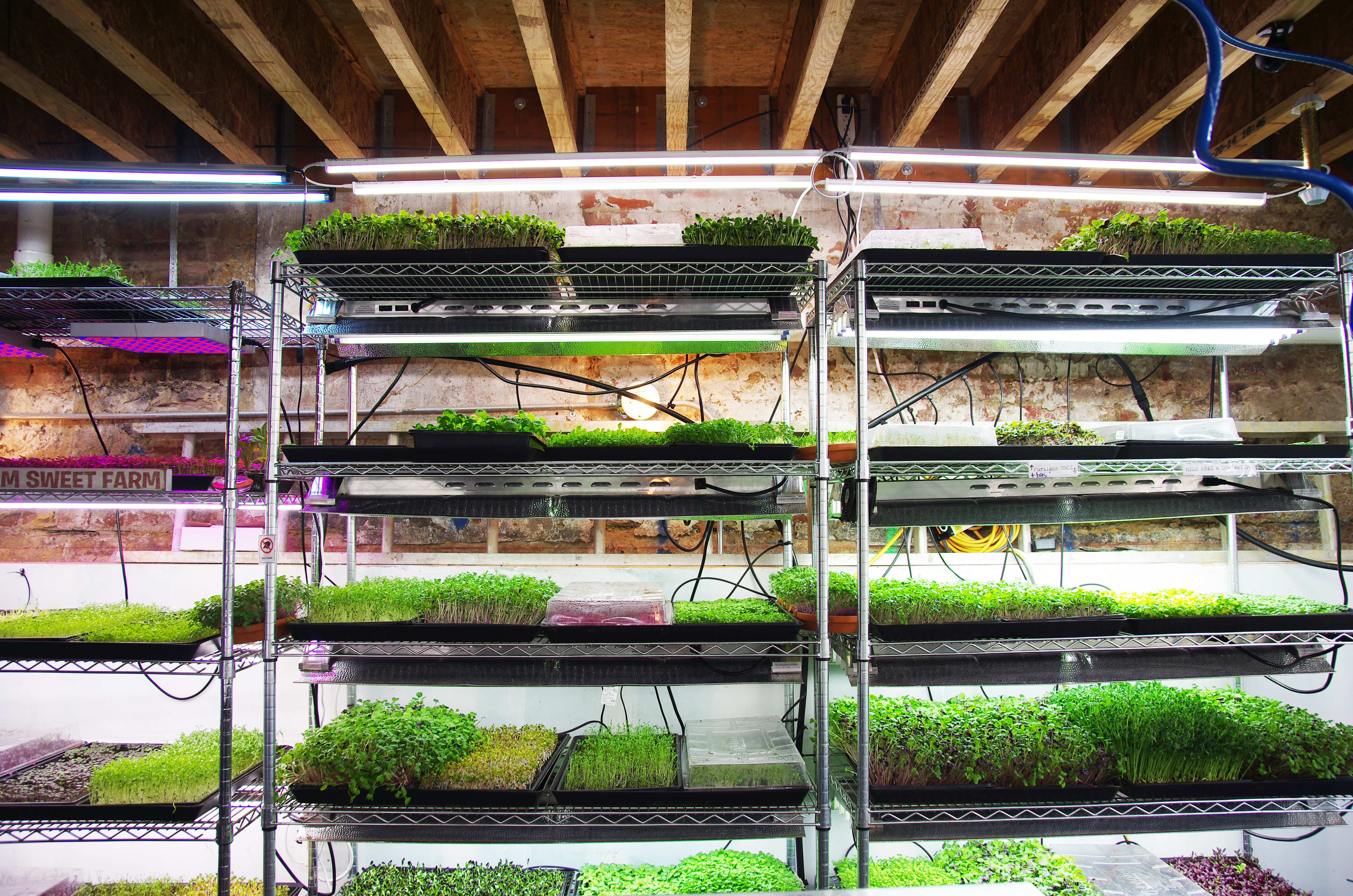June 1, 2017
By London Muegge, Education Intern
Contact: Chelsea Matzen, 202-554-1600
cmatzen@nfudc.org
The Food Safety Modernization Act (FSMA) was signed into law on January 4, 2011 by President Obama, and is the largest reform to our country’s food safety laws since 1938. Its purpose is to ensure our food supply is safe by putting in rules focusing on preventing contamination rather than reacting to it. FSMA includes new regulations for produce growers, facilities that process food for human consumption, and more.
As the produce safety rule within FSMA will be of the most concern for producers NFU and LFSC wanted to discuss farm food safety with some growers. We reached out to Mary Ackley, founder of Little Wild Things City Farm in Washington D.C., to discuss how urban growers are adjusting to FSMA. Here’s what she had to say about their food safety plan and their plans for the future with FSMA in mind.
Q: Is FSMA on your radar?
A: It is. Since we’re only a few years old, we are still developing our base procedures and a plan that is customized for our farm. We’re really focused on Good Agriculture Practices (GAP) and getting Certified Naturally Grown (CNG) in the next year. Since we’re also going to be opening a new facility, we are in a transition period. Little Wild Things is in a constrained space right now so we don’t want to develop new procedures that won’t work at the new space, but we’ll definitely need to comply with the rules and regulations that are required.
Q: Do you have a food safety plan?
A: Yes, we do have a food safety plan. FRESHFARM Markets supported my farm manager and myself in taking GAP training. We have both taken that training and have developed Standard Operating Procedures for our business. We have systems in place for things such as: sanitizing our harvesting knives, end of day cleaning tasks, what cleaning supplies we use and need, how often we clean our harvest bins, and what to do in terms of transporting food into cold storage as soon as possible. We also have processes for worker hygiene, worker safety and health, and making sure that workers are trained and know what to do. I have the food safety manager training and we also have a caterer’s license. We work in a commercial kitchen environment at the pub so we’re able to process everything in a compliant way, and we’re always looking to improve. A GAP expert is actually coming out in a couple of weeks to look at what we’re doing and to help us customize Standard Operating Procedures for Little Wild Things.
Q: Have you done anything differently because of FSMA?
A: Not yet- we’re still waiting on the new space.
Q: Have your buyers asked about FSMA?
A: No, not yet. Our buyers normally visit the farm so they’re more concerned with seeing the operation, meeting us, and making sure that we have safe procedures. Most of our buyers are restaurant owners so I’m not sure that they’re aware of FSMA. Because we’re not selling to as many traditional producer distributors that might be more concerned with that, it has not come up. The distributors that we are looking to work with are fine with our current health and safety plan and efforts to become GAP certified.


